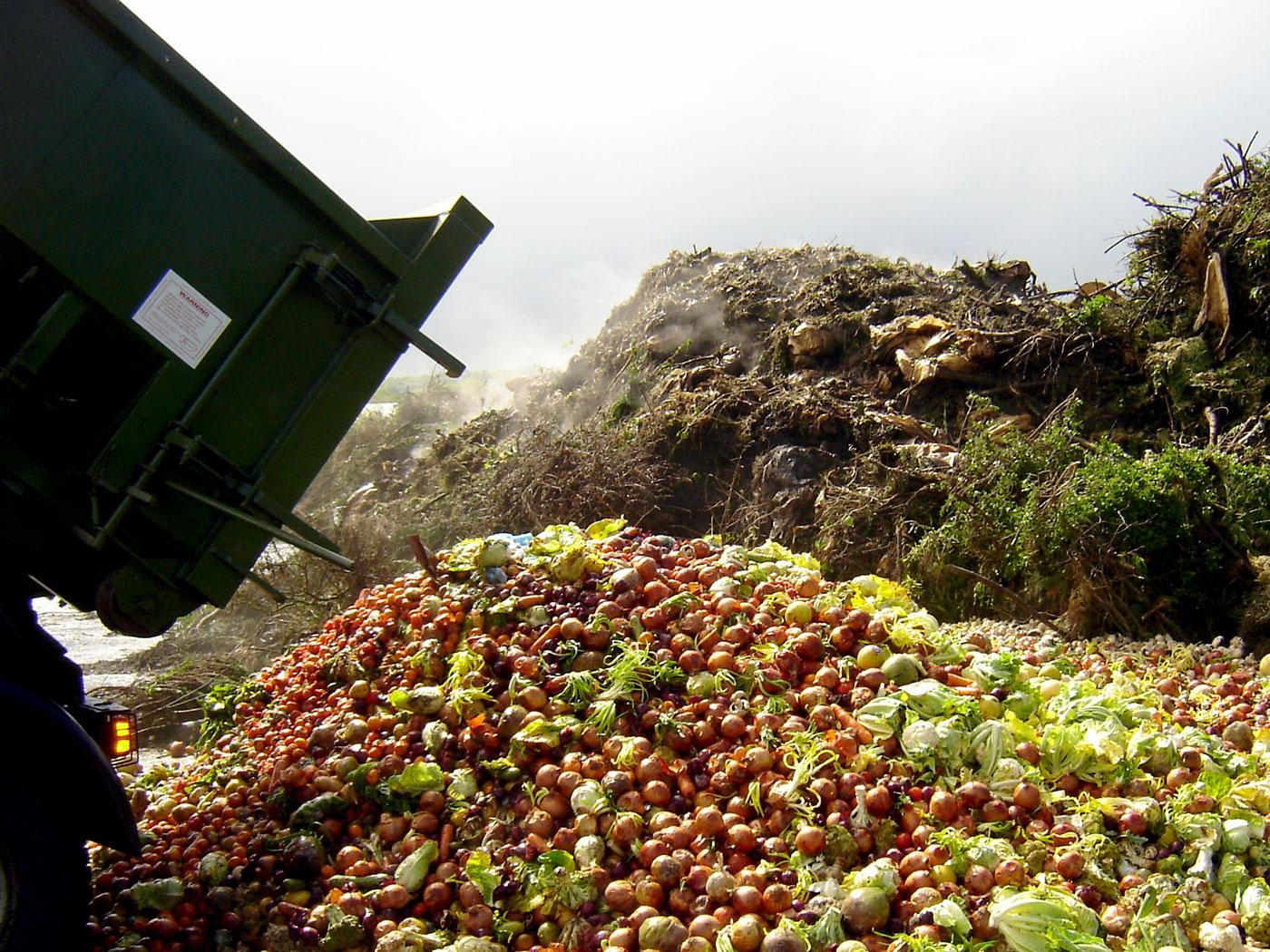Making high value products from agricultural waste
Sunscreen from mushroom waste, healthy skincare products from apples and berries, and high-tech materials from Brussels sprout stalks – these are some high value products that could be first to market from a new $11 million research consortium led by the University of Adelaide.

South Australian Minister for Innovation and Skills the Hon. David Pisoni today will launch the Research Consortium Program for Agricultural Product Development at the University of Adelaide’s Waite campus.
The Research Consortium aims to turn the high volumes of waste from South Australia’s primary production into high-value products for new markets such as pharmaceuticals, cosmetics or packaging.
“Up to 40% of the total harvest of South Australia’s primary production can end up as waste, sometimes left to rot in the field or turned into low value products such as compost or animal feed,” says Professor Vincent Bulone, Director of the new Research Consortium.
“But all of this food waste contains compounds that have high-value potential applications. Some can act as prebiotics or anti-oxidants; some have anti-inflammatory or anti-microbial properties; others, in particular carbohydrates, provide mechanical strength and texturising properties in food, lubricants, cosmetics and structural materials.
“We plan to increase the value of agricultural waste and create new post-farmgate industries worth over $100 million a year to South Australia.”Professor Vincent Bulone
The research consortium brings together some of the best scientists from many fields across the University of Adelaide, with a total of 18 partners – nine South Australian-based agriculture and food sector companies, and another nine national and international academic institutions and industry partners.
Minister for Innovation and Skills David Pisoni said the consortium has been supported with a $4 million grant through the Research Consortia Program.
“Science and research are of enormous value to our economy, our society and critical to South Australia’s prosperity,” says Minister Pisoni.
“That’s why the Marshall Government has supported research and commercialisation with a cohesive entrepreneurship and innovation system to ensure we have a focus on growing research excellence and startup communities.
“Industries like agtech are driving economic growth and creating new, knowledge-intensive jobs.”
Projects underway include:
- Isolating and identifying anthocyanins from apples and berries for use in skincare formulations and other health-promoting products
- Trialling cellulose molecules from waste Brussels sprout stalks and other biomass as replacements for glass fibres in filtration systems and plastic materials
- Extracting vitamin D, beta-glucans and chitosan from mushroom waste for use in nutraceuticals and sunscreen materials.
Under its new strategic plan, Future Making, the University of Adelaide has aligned itself with state and industry needs, focusing its efforts in priority areas which include agrifood and wine, health and biotech, food security and environmental sustainability.
“Our research will cover the entire value chain from our local growers to manufacturers of food products and beverages, skincare products, and green materials,” says Professor Bulone.
“The focus on applied product development and its web of local, national and international partners will create spin-off companies and jobs to commercialise new, high-value products from existing waste streams.”
The Consortium partners are: University of Adelaide, University of South Australia, CSIRO, KTH Royal Institute of Technology (Sweden), Filsell’s Orchards Pty Ltd, Raw Nation Wholefoods Pty Ltd, AE Cranwell & Sons, Ashton Valley Fresh, JVJ Co Pty Ltd, Vanquish Technologies, SA Mushrooms, Coopers Brewery Ltd, Potatoes South Australia Inc, CarbOzide Pty Ltd, Agilent Technologies Australia Pty Ltd, Plant & Food Research, Ingredion Inc (USA), Carlsberg Group A/S (Denmark).
